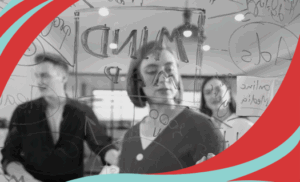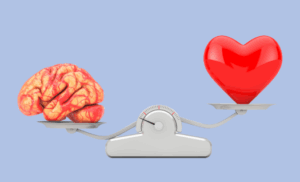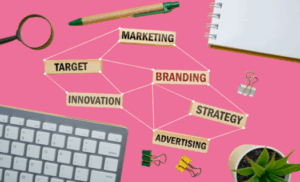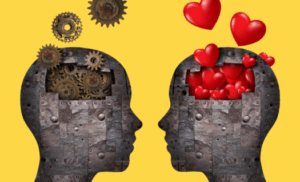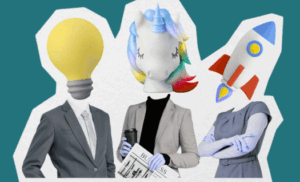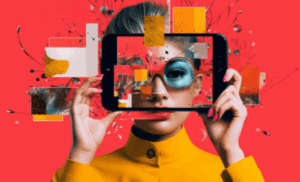Artificial Intelligence (AI) is winning a race in which it lags behind humans. It is indeed making significant strides. Every day, we are surprised by new technology that uses it to automate processes with great efficiency and realism, processes we thought were reserved only for individual wit and talent. It can handle more routine tasks in less time than we could manage, as well as create content that rivals professional results. Our feeling is that, at this moment, it is far ahead of us. And yet, it cannot be ahead.
In this scenario, artificial intelligence feeds on what already exists. For Leonardo or Midjourney to generate astonishing illustrations, they must be trained with existing graphic material. It would be impossible for these platforms to mimic great artists if they had not been provided access to such creators’ material to mimic what makes them distinctive. ChatGPT cannot draft an accurate text if it does not start from what already exists on the internet. Copilot would be unable to draft emails for us if it could not delve into all the messages we have previously sent from Outlook.
The Generative Foundations of AI
To create, AI takes into account two fundamental elements: reference content (from which it obtains the information to interrelate) and the language model (which allows it to connect the pieces so that the result is coherent and meaningful). The latter is a product of the technology’s ability to find patterns, while the former is a result of genuine human inventiveness.
Both existed before artificial intelligence, obviously, and it is still necessary for them to exist. Artificial intelligence, so far, cannot build from nothing. For this reason, content creators are claiming copyright for training these platforms with their work. Therefore, we also find that what artificial intelligence offers us obeys the cognitive biases that alter our perception of things and how we react to them.
Ultimately, artificial intelligence generates a product that we can categorize as “intermediate,” since it offers us results that comply with an average of existing products to satisfy the audience located at a supposed median in relation to the request we make (prompt). This leads to generally satisfactory and convincing results, although they are never dazzling for those who are experts in the field.
Creative Feedback
However, I said at the beginning that artificial intelligence is behind us. Nothing is one hundred percent original because we cannot avoid being permeable to what we discover and what surrounds us. But human originality lies in its capacity to remix without following previous patterns and offer something that could not respond to conventional behavior schemes. The original can be mainstream, but what undoubtedly distinguishes it is the capacity to surprise because it does not obey the average of the products we have seen before.
“The originality of humanity lies in its ability to remix without following previous patterns and offer something that could not respond to conventional behavior schemes”
Limitations of Artificial Intelligence
That cannot be achieved by artificial intelligence. AI, as we already said in MarketinDirecto, is a digital brother-in-law that tries to satisfy us, even if it is not the smartest in the room. It convinces us, sounds plausible. It’s enough for us. Against this, human intelligence is capable of going further.
If we rely more and more on artificial intelligence, what we will end up doing is reinforcing content based on what is already known, on what responds to patterns of a time and an era. Cognitive biases will perpetuate, and it will take longer for social progress to settle, because AI will continue to return content anchored in a past corpus..
Moreover, there is a possibility that artificial intelligence begins to feed –if it is not already doing so– on other content generated by… artificial intelligence. In this way, the successes and errors on which it is based will perpetuate and feedback on themselves. We will see videos, images, and texts built on other previous pieces passed through the AI filter, with its large and small errors that will settle, twist, and insert into our content without being able to distinguish what was correct and what was not, what was genuine and what was simulated. .
Towards Creative Artificial Intelligence
Probably, the ideal is for generative artificial intelligence to evolve into creative artificial intelligence. Then, it will be possible to avoid dragging mediocrity with us and recover criteria, but perhaps, at that time, we will be closer to machines with their own thought..
As Michael Ende said, “that is another story and should be told on another occasion.”

